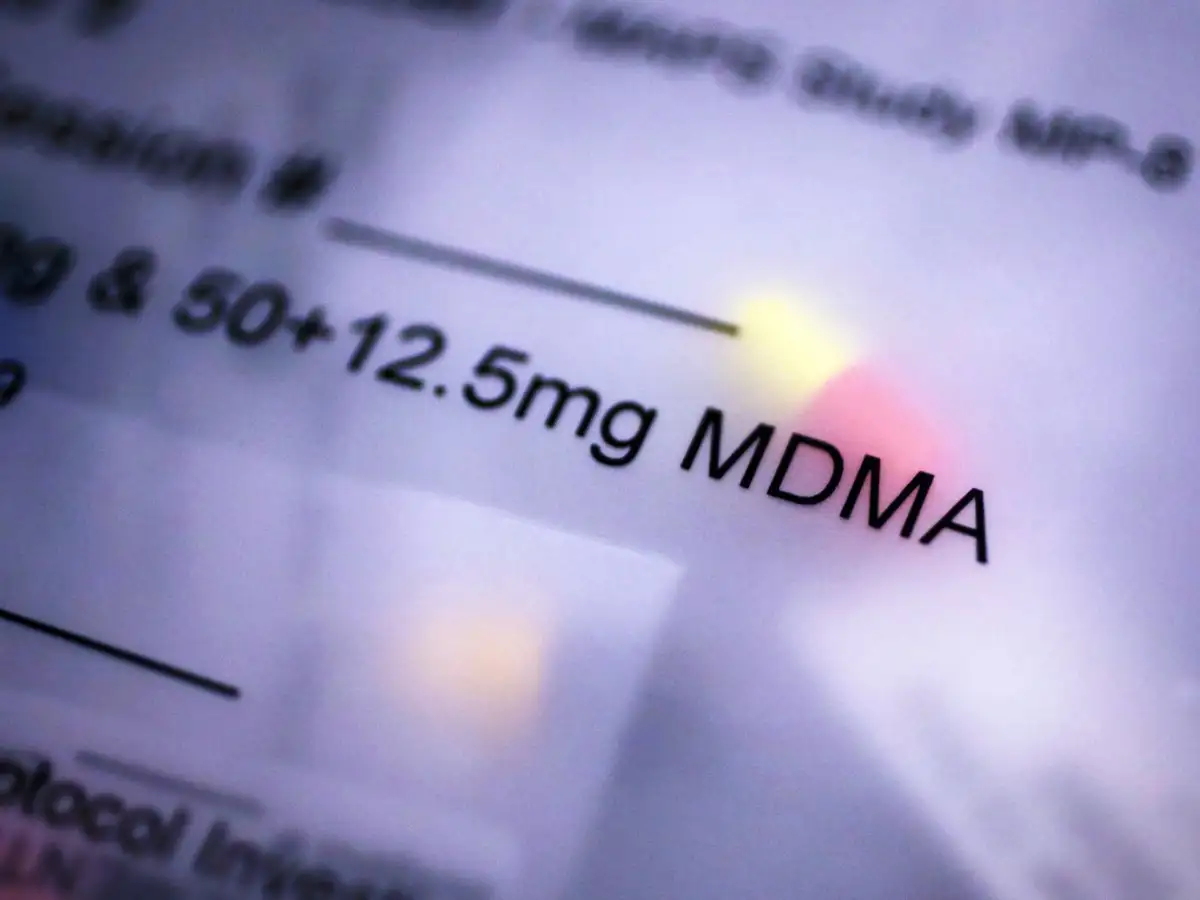ICER Raises Concerns Over MDMA-Assisted Psychotherapy for PTSD
LOS ANGELES- The Institute for Clinical and Economic Review (ICER) has recently highlighted significant concerns regarding the clinical evidence behind MDMA-assisted psychotherapy (MDMA-AP) for post-traumatic stress disorder (PTSD), according to a draft evidence report. This report marks the halfway point of an eight-month evaluation process conducted by ICER, a nonprofit organization known for its rigorous analysis of the value of health interventions. While the findings are preliminary, they shed light on potential issues within the clinical trials conducted by Lykos for its MDMA therapy.
David Rind, ICER’s Chief Medical Officer, acknowledged the profound impact of PTSD and the current gaps in effective treatments. However, the draft report outlines serious concerns about the design and conduct of Lykos’ clinical trials, particularly highlighting the problem of “functional unblinding,” which could skew the perceived effectiveness of the therapy. This issue, among others, leaves crucial questions about the therapy’s risk-benefit balance unresolved.
The draft evidence emphasizes that while Lykos’ MDMA therapy could represent a significant advancement in treatment options for PTSD, doubts remain about the credibility of the study results. Criticisms focus on the primary outcome measure used in the trials, CAPS-5, and its potential inadequacy in capturing the overall therapeutic response. Additionally, concerns were raised about the consistency of the psychotherapy component of the trials.
Ethical and safety considerations are also at the forefront of ICER’s critique. Reports of bias, undue influence on trial participants to report positive outcomes, and serious ethical breaches, including inappropriate boundary violations, have cast a shadow over the integrity of Lykos’ research. These allegations, if proven, could drastically impact the perceived efficacy and safety of MDMA-AP.
Despite these concerns, ICER’s preliminary cost-effectiveness analysis suggests that MDMA-AP could be more cost-effective than placebo treatment, albeit with reservations due to the draft report’s overall skepticism about the strength of clinical evidence. The report also highlights logistical challenges in implementing MDMA-AP widely, particularly because of the extensive therapist involvement and specialized training required, which may limit its feasibility in certain healthcare settings, such as the Veterans Affairs system.
This draft report initiates a critical discussion on the future of MDMA-AP for PTSD treatment, emphasizing the need for rigorous scrutiny of clinical evidence and ethical practices in medical research. As the review process continues, stakeholders eagerly await the final conclusions, which will have significant implications for the therapy’s clinical and economic viability.




































